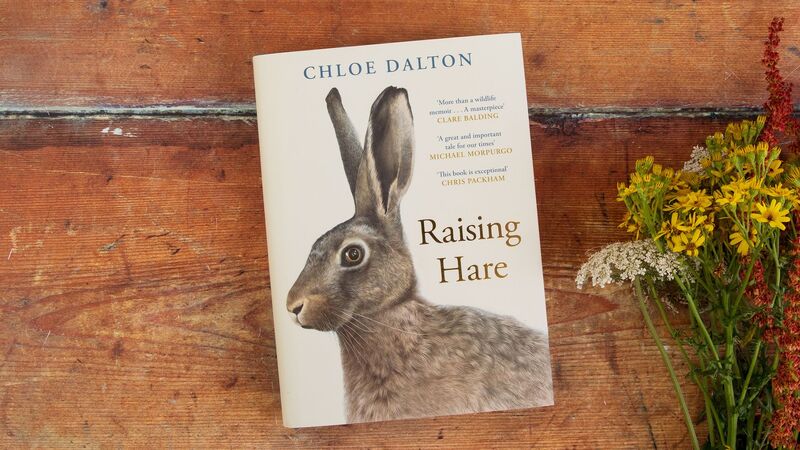You are viewing your 1 free article this month. Login to read more articles.
Train employees and reduce returns to help the planet, Creative Industries report urges trade
Publishers should invest in educating employees about sustainable practices and seek to eliminate book returns to reduce carbon emissions, a report by the Creative Industries Policy and Evidence Centre (PEC) has said.
Launched in collaboration with Julie’s Bicycle, a non-profit creative climate action organisation, the report aims to provide an environmental overview of all of the UK’s creative industries, including recommendations for government, industry and consumers, and suggests the arts are uniquely placed to galvanise action.
UK publishers are being urged to further invest in “technical” training for employees, to help them promote sustainable practices and better understand how their actions can contribute towards climate change.
Engagement with workshops such as those offered through the Sustainability Task Force have been suggested, along with more active conversations around government-led efforts to support net zero emissions.
The UK in particular has been named as the biggest international centre for publishing, with more than 180,000 new titles released every year, more per capita than any other country. The print industries, including newspapers and consumer and trade magazines, are thought to represent 4% of global energy consumption, with pulp and paper mills identified as “significant polluters”.
However, the report says there is “broad enthusiasm and willingness from within the industry for publishing to become more sustainable”. Climate change is among the main issues debated by members of the Publishers Association (PA), 75 of whom sit on the organisation’s Sustainability Task Force. So far, 90 of the UK’s major publishing houses have signed up to net carbon zero targets.
The report also referenced the PA’s Carbon Calculator software, which helps publishers review how sustainable their practices are. Designed by the Research Institute of Sweden and software company Solstice, the tool will help businesses monitor their carbon outputs across various aspects of their business, including across different sites and departments.
The Sustainability Industry Forum was also recently launched by the Association of Authors’ Agents, Booksellers Association, Book Industry Communications, Independent Publishers Guild, Publishers Association and Society of Authors, demonstrating a growing focus on sustainability in the industry.
Hasan Bakhshi, director of the PEC, said: “The creative industries are an economic powerhouse, delivering £115.9bn GVA to the UK economy, accounting for 2.2 million jobs, and exporting more than £50bn per year at the last count. As a sector so embedded in the supply chains of others, it’s clear the government needs to work with the creative industries to achieve net zero goals.
“Key to this is incentivising more investment in innovation. At Creative PEC we are calling for a change to the definitions of research and development used by HMRC for tax relief, which currently excludes arts, humanities and social sciences. Without this we risk under-incentivising creative industries companies who want to experiment with new production and supply methods to reduce carbon emissions”.
Alison Tickell, founder and c.e.o. of Julie’s Bicycle, added: “For so long we’ve asked what is needed to motivate the political, economic and social change urgently needed. This report provides an answer: culture. Not only do the arts motivate change through storytelling and the unique ability to inspire connection and empathy, but on a very practical level; it is these industries that across all sub-sectors are adapting their processes and monitoring impact.
“We find clear evidence of a willingness to learn and change from c.e.o.s, boards, employees and artists themselves; it is clear culture is ready to prioritise change.”




















